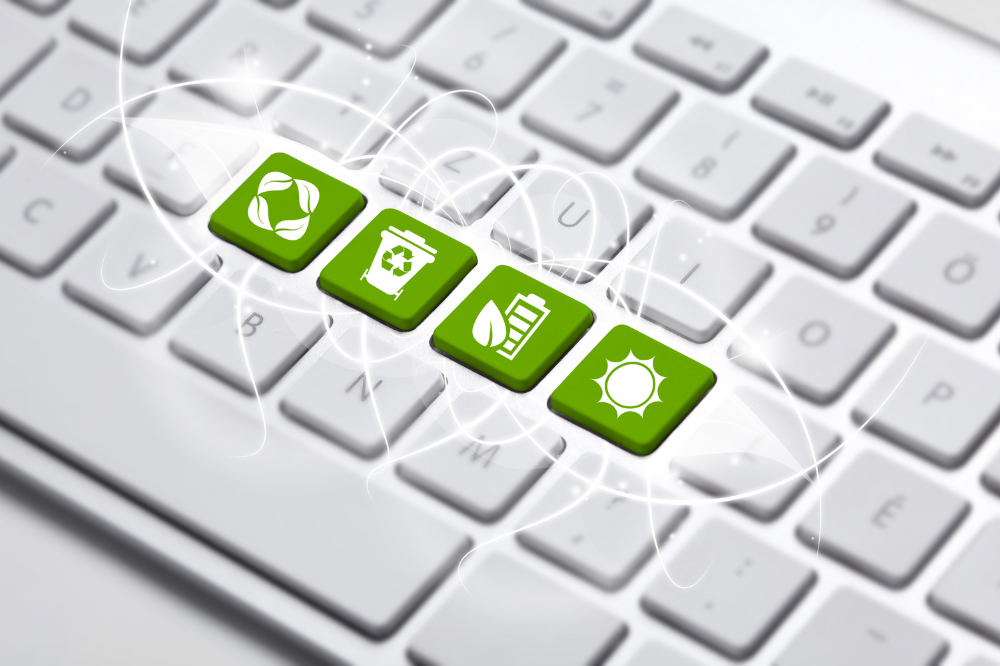
The need for sustainability has never been greater – but as schools grapple with challenges in funding and resources, it can be difficult to put into practice.
When it comes to waste, it might be surprising to learn that some of the lowest rates of recycling aren’t just in food, packaging or plastics. According to Tech Monitor, 82% of the world’s technology waste isn’t recycled, and the process of manufacturing new technology accounts for up to 80% of the CO2 emitted throughout its average life cycle.
With this in mind, how can schools navigate the need for sustainability versus the constant need for new and updated devices?
So far, different schools have tried different solutions. Some have implemented a Bring Your Own Device (BYOD) scheme, though this comes with its own pitfalls, from inconsistent devices to security concerns. Other schools purchase devices outright, which often means that old devices go straight to landfill after a few years.
An increasingly popular solution is technology leasing, where schools can access devices for a set period of time and then return them at the end of the lease. This allows schools to constantly have access to new, up to date equipment without the commitment of purchasing outright and having their money tied up in a depreciating asset.
With 88% of all computers purchased in Australia ending up in landfill, there’s no better time to start thinking about how to use devices more sustainably. One of the organisations providing IT equipment financing to schools is Vestone Capital, and senior relationship manager Cassie Ould says the aim is to help all devices be part of a circular economy, thereby reducing e-waste.
“When the assets are returned to us at the end of the lease, we’ll sell them on the secondary market and redeploy them to customers who have a need for second-hand technology,” Ould explains.
“For schools, having the ability to return these assets at the end of term means they don’t have obsolete devices hanging around. From experience, students won’t be using a four or five year old device. It’ll sit in a cupboard somewhere – but as part of a leasing program, it’ll still have value to us.”
What about technology that no longer works or has no re-sell value? Vestone Capital takes care of that responsibly by recycling, or by disposing in line with national and ISO environmental management standards. This diverts toxic chemicals from landfill, and also means that precious metals and materials can be salvaged for re-use in the production of new technology.
Recognising the need for environmental action, Vestone Capital has also partnered with Greenfleet to support native reforestation projects. When you finance directly with Vestone Capital under a Master Rental Agreement, five trees will be planted in support of Greenfleet’s Ngulambarra reforestation project.
Ultimately, the aim is to reduce some of the 140,000+ tonnes of e-waste generated by Australians every year. To find out more about technology leasing and financing, and how it can enhance your sustainability strategy, click here.


